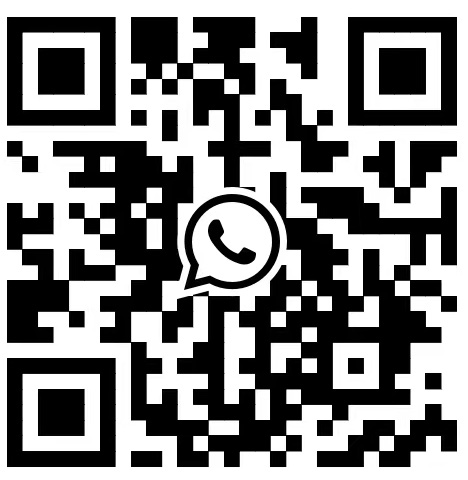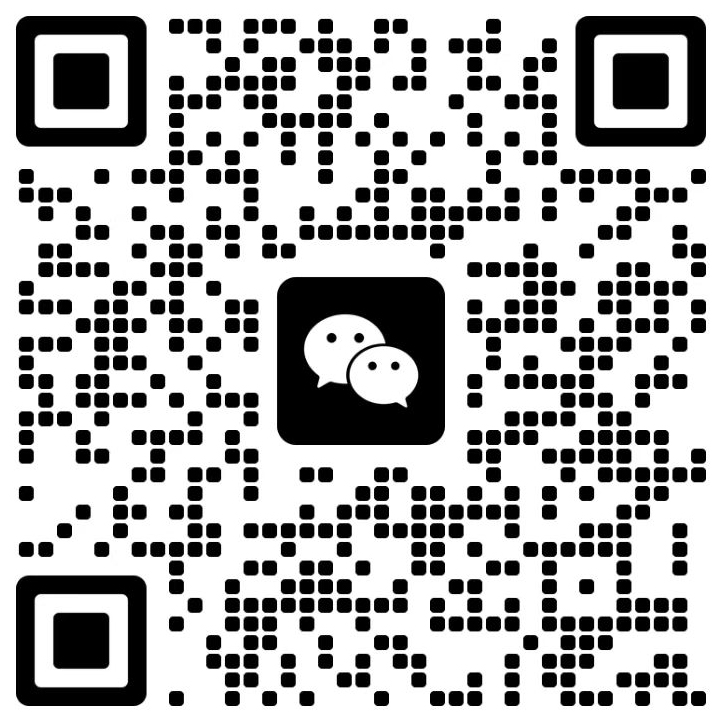How Accurate are Vision Measurement Systems?
Vision measurement systems have become a critical tool in industries such as manufacturing, aerospace, and automotive, amongst others. These systems offer numerous benefits, including high accuracy, fast inspection times, and repeatable results. In this article, we will delve into the details of vision measurement systems, including how they work, their accuracy, repeatability, and applications.
Understanding Vision Measurement Systems
A vision measurement system is an automated tool that uses multiple components, including lighting, cameras, and computers, to capture, analyze, and measure images of different components. By collecting this information, the system can compare it to design specifications, identify defects, and inspect for quality control. A typical vision measurement system uses sophisticated software to analyze the images captured and provides precise measurement and inspection data.
Vision Measurement Accuracy
The accuracy of vision measurement systems depends on several factors, such as the quality of the equipment, lighting, camera, and software used. An essential component of the system is the camera, which should have a high resolution to capture details to the smallest degree possible. The software used should be able to analyze the images captured accurately and swiftly.
The accuracy of the vision measurement system also depends on the operator's skill level. Training and education on how to accurately take measurements using the system play a significant role in ensuring that results are precise.
Repeatability of Vision Measurement Systems
In addition to accuracy, repeatability is a critical aspect of measuring systems. Repeat measurements must provide consistent results to demonstrate the system's proficiency. Vision measurement systems have a high level of repeatability, producing accurate results based on the collected data. By doing this, it ensures that the accuracy of the system is not affected by variations in the operator, environmental factors, or any other relevant factor.
Industry Applications of Vision Measurement Systems
Due to the high accuracy and repeatability of vision measurement systems, they have become a crucial part of various industries. Some of the most common applications for vision measurement systems include:
1. Manufacturing: In the manufacturing industry, vision measurement systems are used to ensure that production meets predetermined tolerances, preventing defects caused by inconsistencies. They are also used to inspect and ensure that components are within the expected specifications.
2. Aerospace Industry: In the aerospace industry, vision measurement systems are used to inspect critical components for defects or damage, ensuring that they operate as intended throughout their lifespan.
3. Automotive Industry: In the automotive industry, vision measuring machines are often used to inspect engine components, such as pistons, cylinder heads, and crankshafts.
Conclusion
In conclusion, vision measurement systems, when properly used, provide highly accurate and repeatable results. These systems have made significant strides in modern industries, making it easier to inspect and measure components. The benefits of vision measurement systems include increased accuracy, repeatability, and consistency in results. By being able to provide consistent results repeatedly, vision measurement systems have become a critical component in various industries, from manufacturing to aerospace to automotive.
Handing Optical is a Chinese manufacturer specializing in the production of vision measuring machines. We have 18 years of industry experience and provide one-stop precision measurement solutions for global customers. If you are interested in vision measuring machine, please contact us!
Whatsapp: 0086-13038878595
Wechat: Aico0905
Post time: Apr-12-2023







